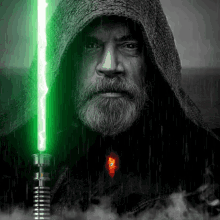-
Content Count
2791 -
Joined
-
Last visited
-
Days Won
358
Single Status Update
See all updates by Gyokuyoutama
-
There needs to be some separate term for modern Isekai.
I've previously talked about "Western Isekai" (ex. Narnia, Three Hearts and Three Lions, John Carter, The Dragon and the George, etc.) But even in Japan if you look at classic anime like Dunbine, Escaflowne, Those Who Hunt Elves and so on and you see very little resemblance in terms of plot structure and cliches used when compared to the modern form of the genre.
(Though I'm not even sure if "modern" is the right term here. I haven't seen it, but from what I've heard about the Tanya show it doesn't seem to hit the same notes as other "isekai" shows.)
So there needs to be some new term that refers to specifically this subgenre. This is important because "other world" fiction has a long and rich history, with much of it being very creative. But the modern subgenre allows only the most minor ("gimmick based") innovation.
- Show previous comments 3 more
-
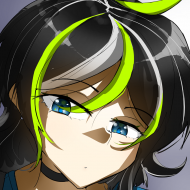
Honestly I think you're right on the mark about how they treat the setting. A recent isekai that I think actually does take the world seriously is honzuki no gekkokujou. Not a super serious story and it has a lot of levity in it but it generally takes the world it's set in seriously* which I think gives it a different feel from the more boilerplate isekai shows.
*There's like ONE gag sort of but the thing is that it's both plausible for an alternate universe to have that kind of weird coincidence with the "real" world and also the main character/setting overall rolls with it and doesn't really keep pointing at it and saying "ha ha isn't this so wacky"
-
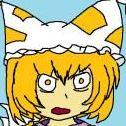
On further reflection, I wonder how much of this is due to genre being a spook.
What I mean is that way back in the 30's or so there wasn't really set "genres" in the way that we think about them today. There were "types" of stories but it was more like "moods": adventure, romance, mystery, wonder, strangeness, etc. If you look at a pulp like "Weird Tales" the stories have a particular "flavor" to them but don't fit particularly well in any modern genre. Some would be called fantasy, some horror, some science fiction, some might be "magical realism," etc. It's not until much later that you get a hard divide between science fiction and fantasy, modulo some people mixing the two and thinking that they are doing something unprecedented.
But even after the initial definition of the genres, they just got more and more specialized. Take fantasy: after Tolkien it got dominated by "high fantasy" or "epic fantasy"; think stuff like Terry Brooks, Raymond E. Feist or the prolific Weiss and Hickman duo. Always lots of discussions of alternate cultures and worlds, the world is always doomed in some way or other, etc. Something like an old Conan story where Conan simply robs some ruins or fights pirates or something no longer fits, even though you'd have to call that "fantasy" if you're going to give it a genre at all.
And of course the same thing happened in anime. In both the east and the west a lot of the driving force was ultimately video games, with usually the pipeline being future author plays RPG tie in game -> future author makes pnp RPG campaign -> author now sells works based on campaign world. (This is also why D&D gets considerably more "video-gamey" with every edition, even in the 1st to 2nd edition transition.) As a result of all of this popular works narrow the field more and more and more. It's not "wonder" stories anymore, they have to be "fantasy" storeis in magical kingdoms. And you have to have a certain type of epic scale to them. And that epic scale has to be realized basically in a Dragon Quest or Final Fantasy way. And it's only after you do all that that writers even think about filling in their own details. So naturally everything becomes the same.
It's not like Japan is forced to do this; Spice and Wolf is a great example of how to write a story in the same broad "genre" that barely follows any of the conventions, but also isn't trying to destroy them (it's just telling a story with a different mood and focus.) But we've hit a critical mass where aspiring authors only see video games, books, and TV shows that are all in this very narrow subgenre, so they have a difficult time even comprehending that they could do something else.
But as much as I hate Isekai, they're still probably in the better situation, since over here it's the same basic problem but with capeshit instead.
-
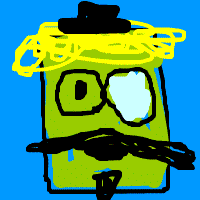
I think you have things a bit backwards; traditionally "western isekai" were known as "portal fantasy" works, if they were referred to as a separate genre at all. Much like "anime" is distinct from "cartoon" only in the language used from a technical sense, so is "isekai" separated from "portal fantasy" or "other world fiction".

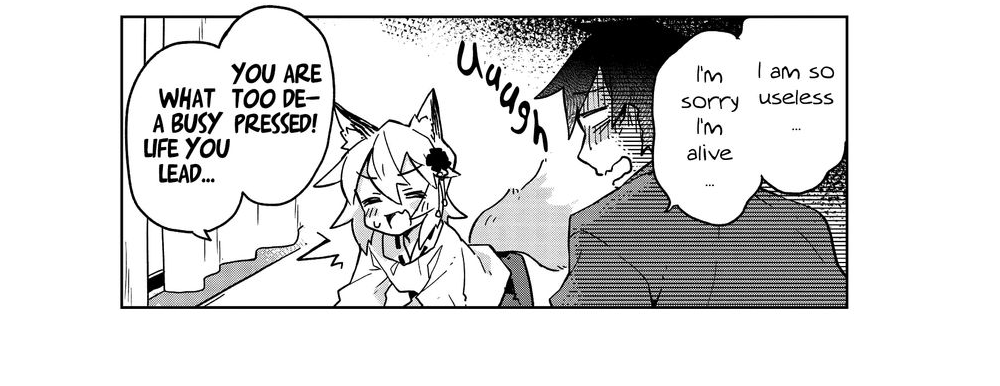
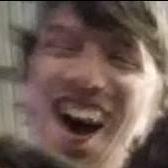
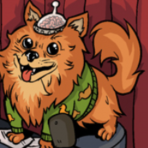
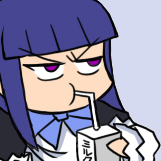
.thumb.png.213a1cdbce171f55d57b7bd1c0a7fb75.png)
